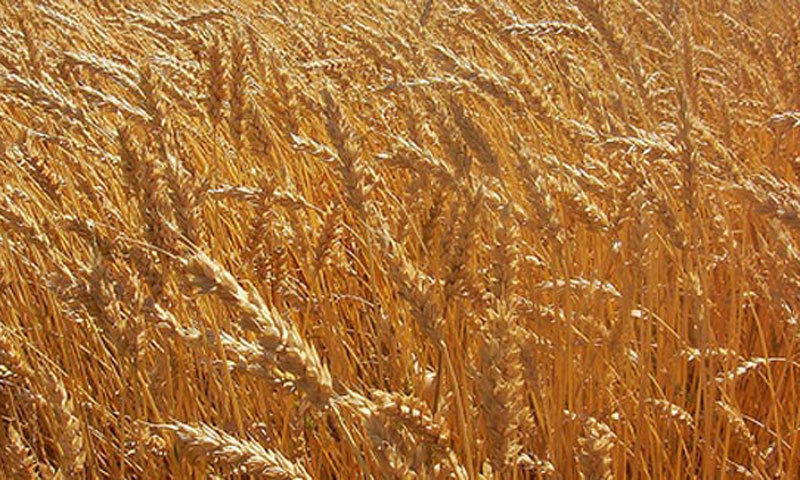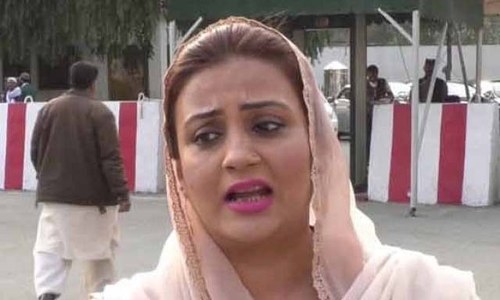PM Imran forms committee to investigate ‘wheat controversy’

Prime Minister Imran Khan has formed a committee to investigate the wheat shortage that has gripped the country in recent days.
According to the notification that surfaced in the media on Wednesday, the four-member committee will be headed by the Federal Investigation Agency Director-General, a representative of the Intelligence Bureau (IB), the director-general of Punjab Anti-Corruption Establishment and any other member selected by the FIA DG.
The committee, which has been asked to furnish its report by February 6, will ascertain the causes of the shortage, “circumstances leading to the wheat/ flour related controversy” and assess the future stock that led to “allowing export of wheat… and subsequent imposition of ban on exports”.
The committee will also assess the management of wheat stocks within the federal and provincial governments as well as coordination among provinces.
The notification also tasks the committee to “identify and fix responsibility, if any, on any individual/ officer/ organisation, including any purported benefit to a private party.”
The controversy
Earlier on Monday, members of the Senate lambasted the government for the wheat shortage and condemned Minister for Railways Sheikh Rashid Ahmed's remarks on the issue, which they said made “a mockery of the people of Pakistan”.
Rashid, when asked to comment on the wheat crisis in a press conference, had said: “In November and December, people eat more bread than usual. It’s not a joke, a study backs my claims.”
The opposition and the centre have continued to bicker over the ongoing wheat crisis in the country. While the PTI had laid the blame squarely on the Sindh government, citing untimely purchasing and a subsequent shortage in supply to the flour mills, the Sindh government had taken exception to being the target of "a dirty blame game" and in turn held the prime minister responsible.
Meanwhile, the PPP and PML-N had alleged that despite a shortage in reserves of wheat, the commodity had been exported.
Further, leader of the Opposition in the National Assembly Shehbaz Sharif had demanded an inquiry to determine who had authorised the move.















































